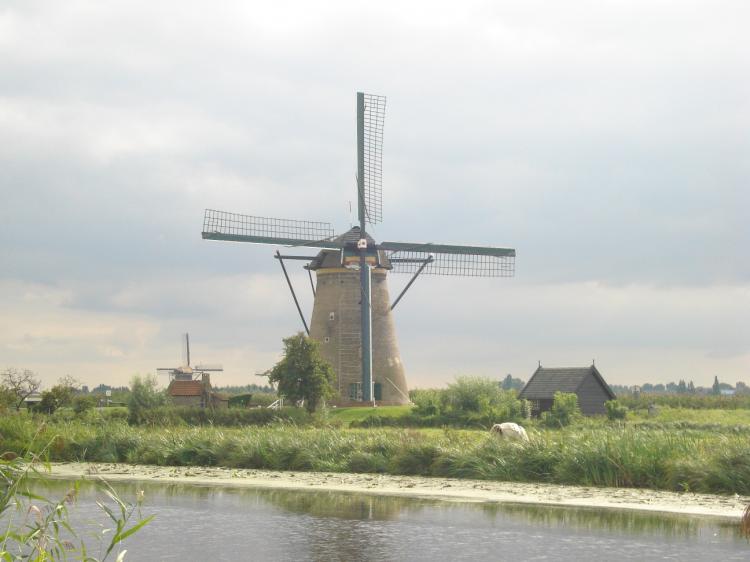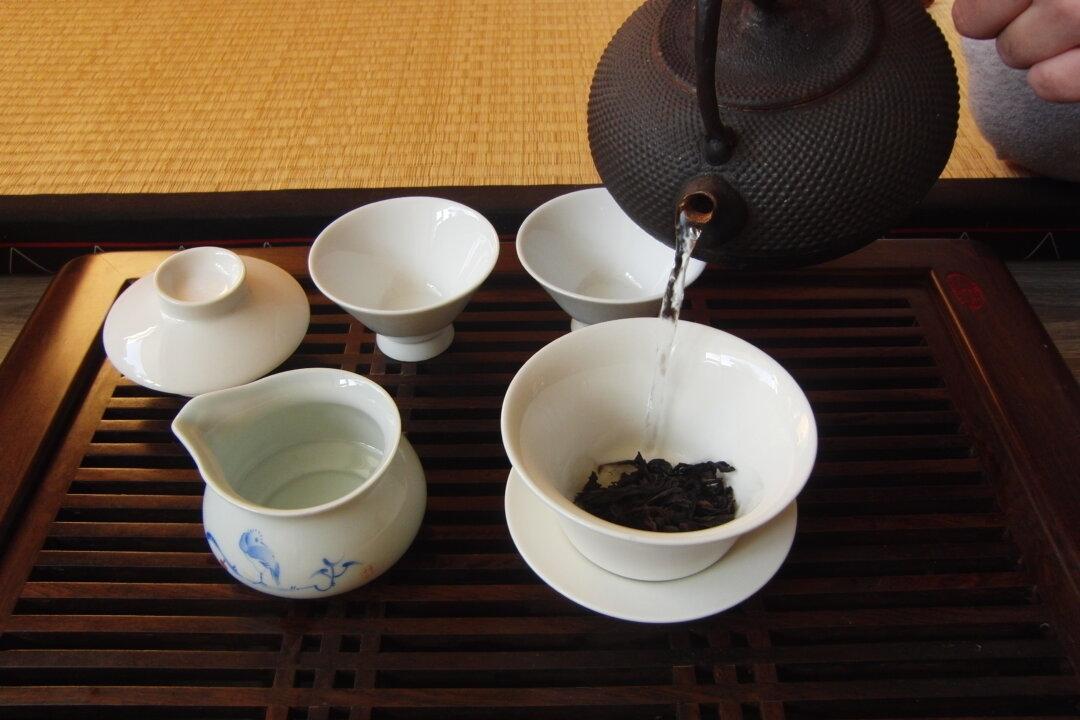WOERDEN, The Netherlands—Efforts to form a new government coalition in the Netherlands have again failed and the coalition brokers seem at loss as they are faced with the sheer impossible task of uniting opposites into a smooth unity.
For we common folk haven’t got a clue how the chess game is unfolding behind the scenes, but we do know that it is complicated, that it’s taken a long time, three months so far. More endless discussion, debate, and commentary. In the meantime, we might as well go on living.
This is how it goes in a country that founded the polder model. Yes, the polder model. Let me explain: a polder is “a tract of low land reclaimed from a body of water (as the sea),” according to Webster’s dictionary. The Netherlands basically consist of a whole lot of these polders below sea level, which are protected by dikes. It is said that in the past, rivaling cities located in the same Dutch polder were forced to cooperate with each other in order to avoid the polders from becoming flooded.
Thus the polder model refers to a type of decision making in which all parties have a say to ultimately come to a comprehensive and satisfactory decision for all parties. One might say it is a democratic, yet not very effective way. This partly explains why the Dutch like to argue back and forth—it is our perceived way to reach harmony.
Yet, what really makes the formation of a new government complicated this time is that 1.5 million people (about 9 percent of the population) voted for Geert Wilders’ Freedom Party (PVV), an anti-Islam party that basically sees immigration from Islamic countries as the root of evil. According to Wilders, it is of utmost importance to put an immediate stop to the immigration “flood” from Islamic countries. We ought to be building dikes to protect our polders against immigrants.
Geert Wilders speaks differently from other politicians as he is blunt, sometimes offensive, and at times comical. His style is not at all in line with the polder model as he doesn’t debate, he agitates. He is against the so-called establishment and says he wants to give power back to the commoner that he calls Henk & Ingrid, the Jack & Jill of the Netherlands.
Yet when so many Henks and Ingrids voted for Wilders, his quick rise barely gave him time to develop views on other issues and his party has few, if any, capable people with experience in governing a country. To wit, after the election ads were placed in major Dutch newspapers asking for highly educated people interested in working for the PVV.
But it remains to be seen whether his time to govern our country has come. But if the government that’s ultimately formed doesn’t include him, and continues to govern as usual, ignoring the sentiments of the people, then it is likely next term will be Wilders’ turn.
It’s already like the uniquely Dutch phenomena that happens when a driver, hypnotized by the monotony of passing polders, becomes unable to see any objects in his path—hence the polder effect.
For we common folk haven’t got a clue how the chess game is unfolding behind the scenes, but we do know that it is complicated, that it’s taken a long time, three months so far. More endless discussion, debate, and commentary. In the meantime, we might as well go on living.
This is how it goes in a country that founded the polder model. Yes, the polder model. Let me explain: a polder is “a tract of low land reclaimed from a body of water (as the sea),” according to Webster’s dictionary. The Netherlands basically consist of a whole lot of these polders below sea level, which are protected by dikes. It is said that in the past, rivaling cities located in the same Dutch polder were forced to cooperate with each other in order to avoid the polders from becoming flooded.
Thus the polder model refers to a type of decision making in which all parties have a say to ultimately come to a comprehensive and satisfactory decision for all parties. One might say it is a democratic, yet not very effective way. This partly explains why the Dutch like to argue back and forth—it is our perceived way to reach harmony.
Yet, what really makes the formation of a new government complicated this time is that 1.5 million people (about 9 percent of the population) voted for Geert Wilders’ Freedom Party (PVV), an anti-Islam party that basically sees immigration from Islamic countries as the root of evil. According to Wilders, it is of utmost importance to put an immediate stop to the immigration “flood” from Islamic countries. We ought to be building dikes to protect our polders against immigrants.
Geert Wilders speaks differently from other politicians as he is blunt, sometimes offensive, and at times comical. His style is not at all in line with the polder model as he doesn’t debate, he agitates. He is against the so-called establishment and says he wants to give power back to the commoner that he calls Henk & Ingrid, the Jack & Jill of the Netherlands.
Yet when so many Henks and Ingrids voted for Wilders, his quick rise barely gave him time to develop views on other issues and his party has few, if any, capable people with experience in governing a country. To wit, after the election ads were placed in major Dutch newspapers asking for highly educated people interested in working for the PVV.
But it remains to be seen whether his time to govern our country has come. But if the government that’s ultimately formed doesn’t include him, and continues to govern as usual, ignoring the sentiments of the people, then it is likely next term will be Wilders’ turn.
It’s already like the uniquely Dutch phenomena that happens when a driver, hypnotized by the monotony of passing polders, becomes unable to see any objects in his path—hence the polder effect.





